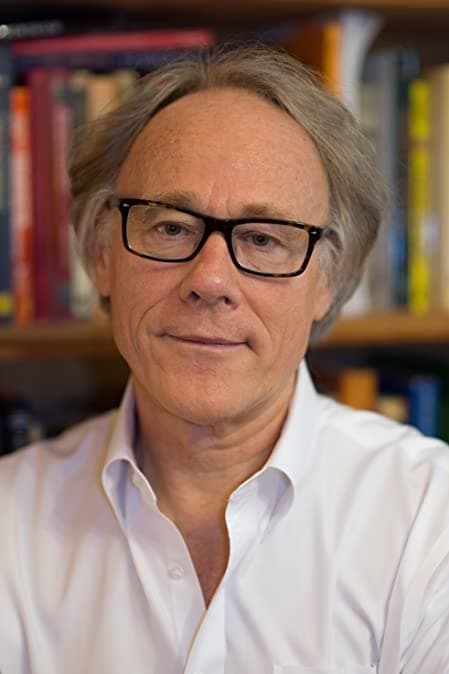
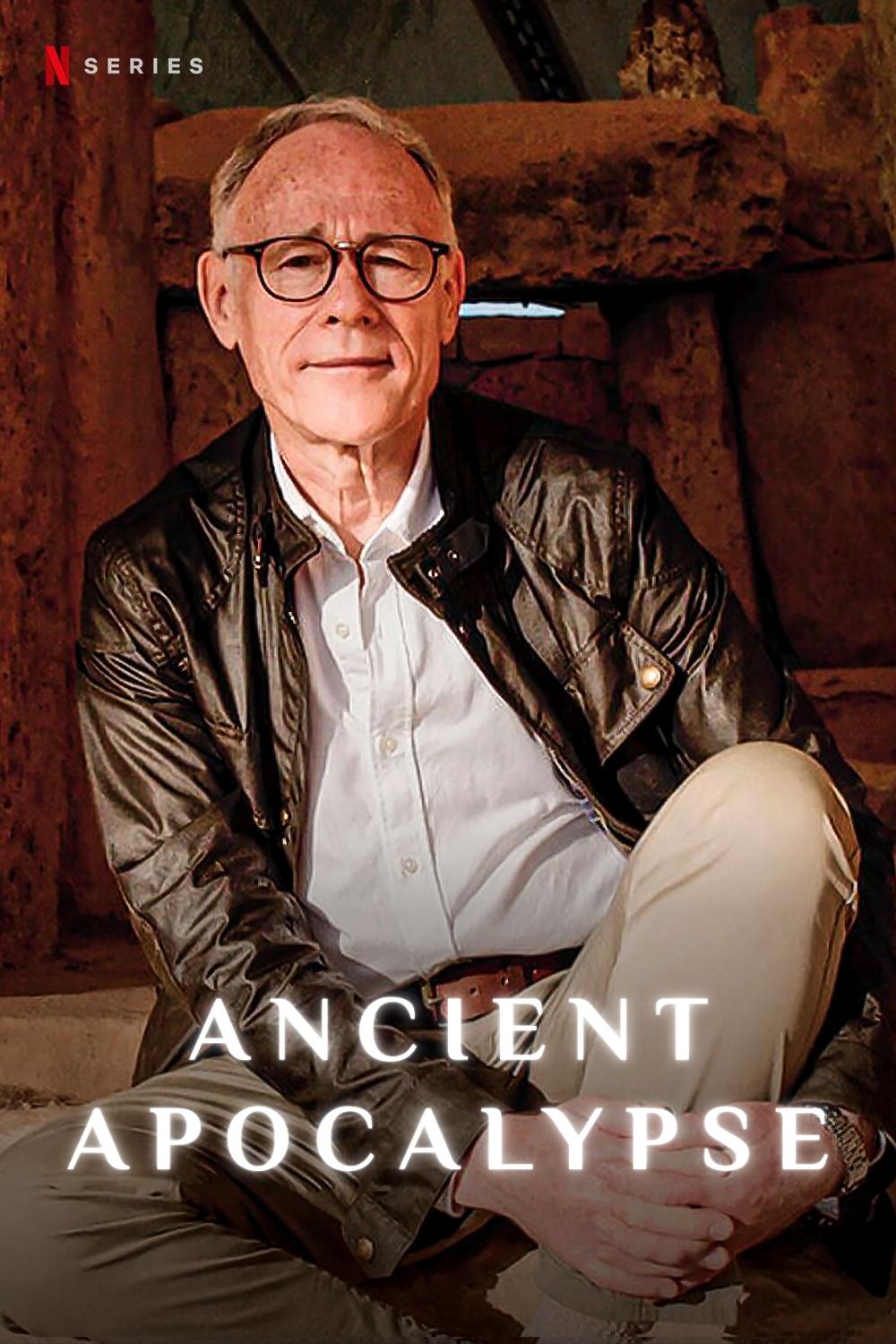
Journalist Graham Hancock travels the globe hunting for evidence of mysterious, lost civilizations dating back to the last Ice Age.
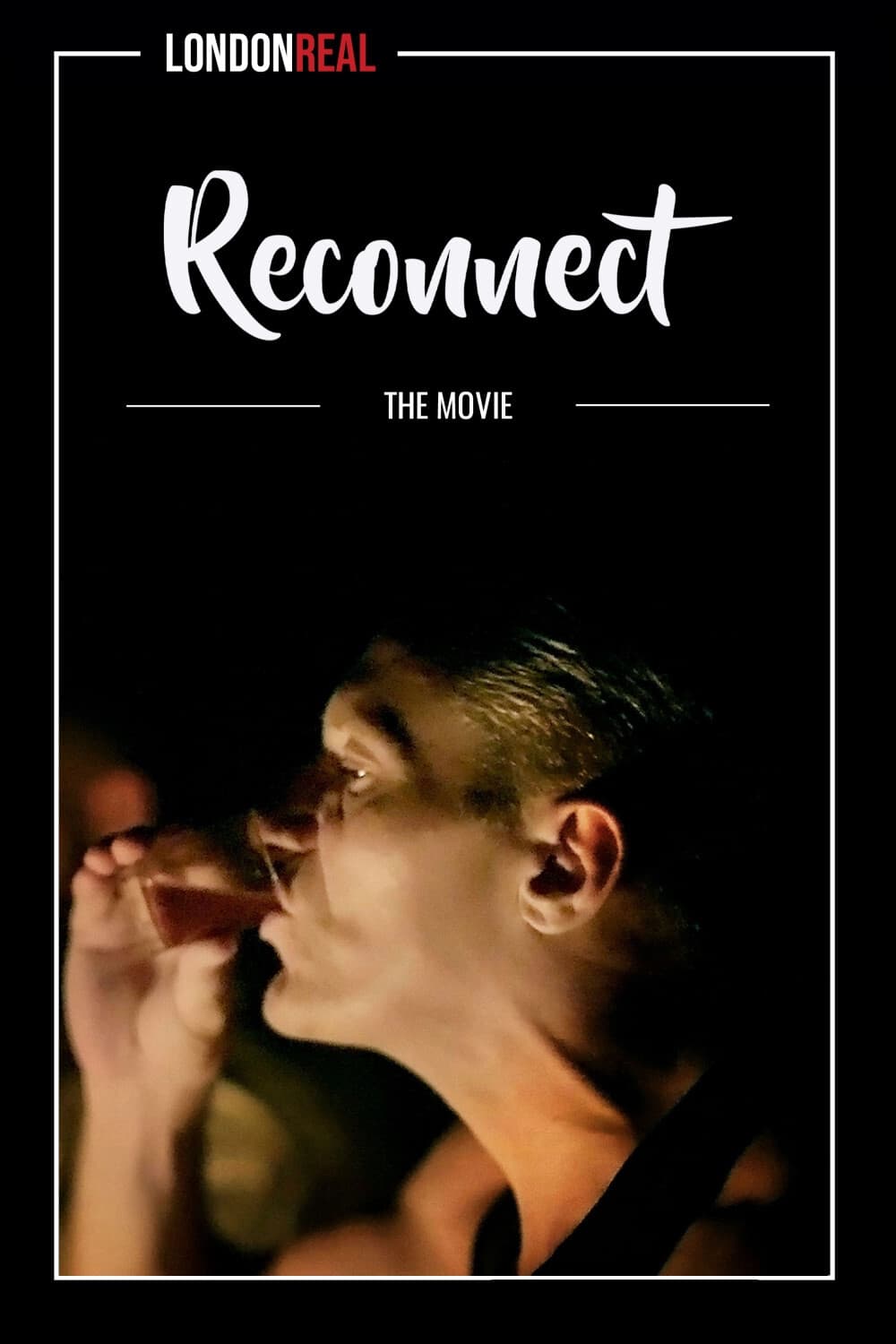
Back in 2012 I had my very first Ayahuasca ceremony and, needless to say, I was terrified. But it ended up entirely changing my life and that of my future family. Which is why I decided to revisit the medicine in 2018, participating in three Ayahuasca ceremonies over the course of one week in Costa Rica, and document the process. In the film, we tackle my personal story of trying to build London Real into a global media and transformation company while also struggling with my own disconnection from friends, family and my own species. We also dive deep into the division and tribalism currently facing all of us around the world.
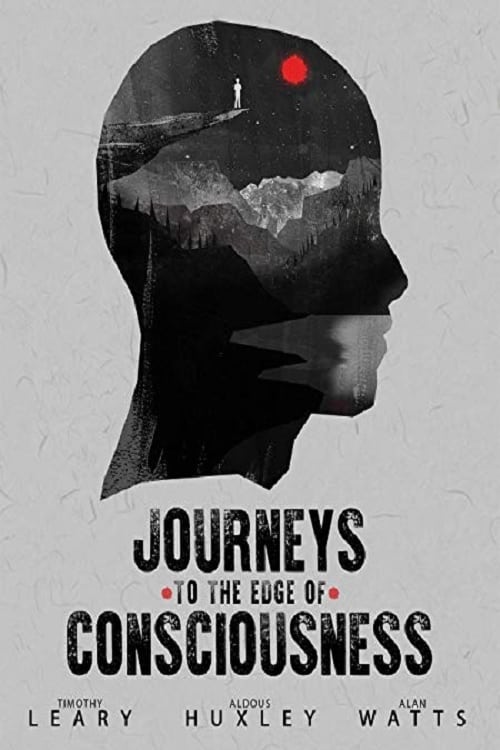
Take an animated journey into the depths of the human mind, exploring three psychedelic trips that changed Western culture forever. Sixty years later we sit down with twelve leading current thinkers to ask: "What can expanded states of mind teach us about ourselves, the world and our place in it?"
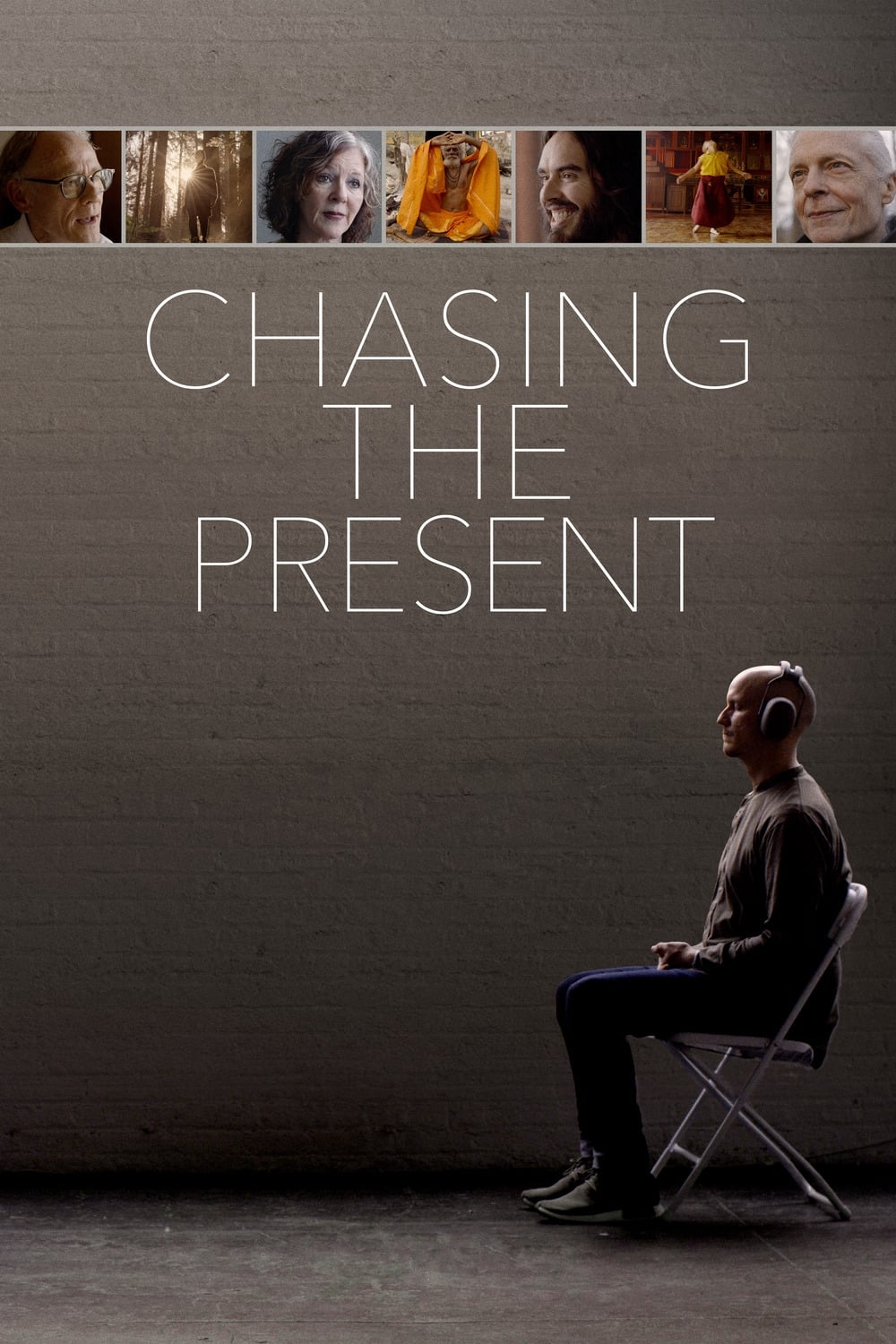
A materially successful young man, riddled with anxiety embarks on a worldwide journey of self inquiry, uncovering deep truths about who and what he is.
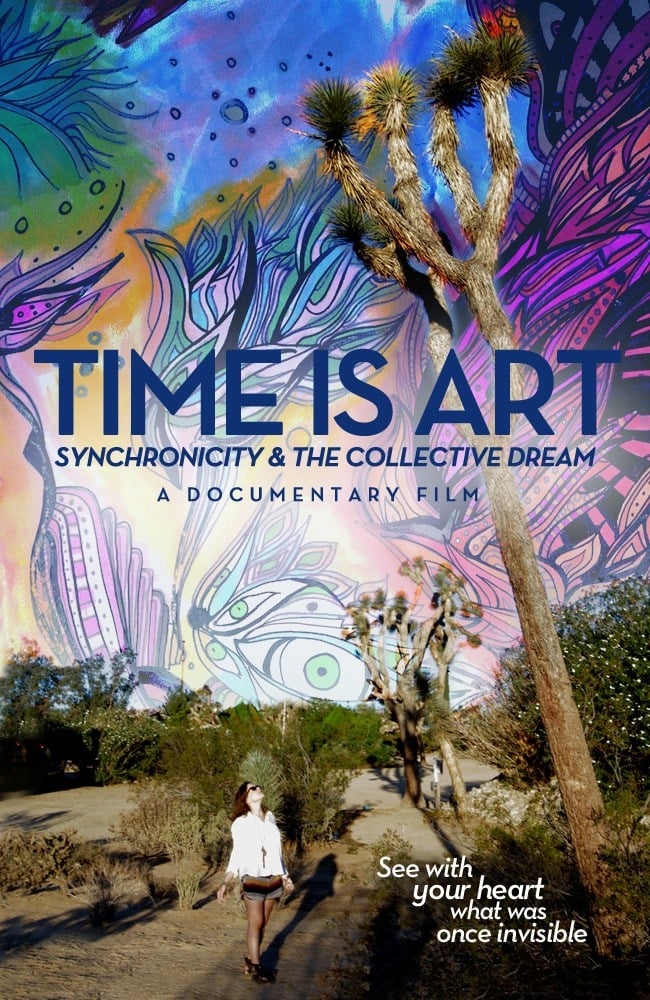
"Time is Art" is ultimately the story of an artist's search for inspiration in a money-driven society that shuns creativity, and of the human search for meaning in a seemingly meaningless world.
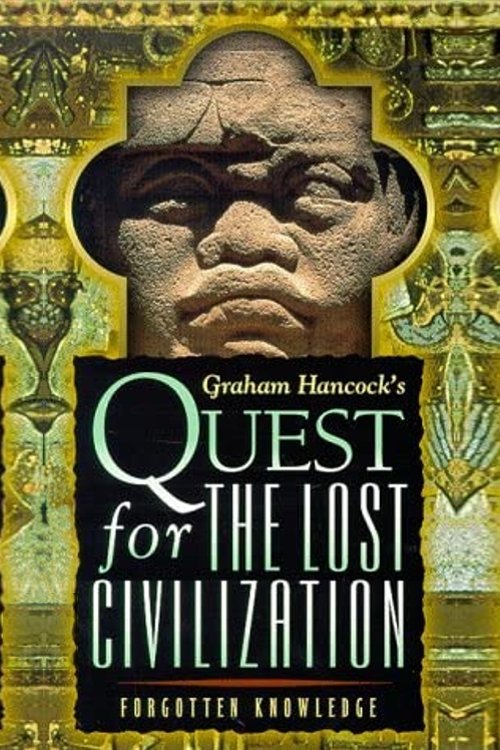
In this set of three videotapes, writer Graham Hancock traverses the world and explains his controversial theory that an ancient civilization, highly intelligent people who sailed the planet as early as 10,500 B.C., spread advanced astronomical knowledge and built ancient observatories.
Born in Edinburgh, Scotland, Hancock’s early years were spent in India, where his father worked as a surgeon. Later he went to school and university in the northern English city of Durham and graduated from Durham University in 1973 with First Class Honours in Sociology. He went on to pursue a career in quality journalism, writing for many of Britain’s leading newspapers including The Times, The Sunday Times, The Independent, and The Guardian. He was co-editor of New Internationalist magazine from 1976-1979 and East Africa correspondent of The Economist from 1981-1983.
By browsing this website, you accept our cookies policy.